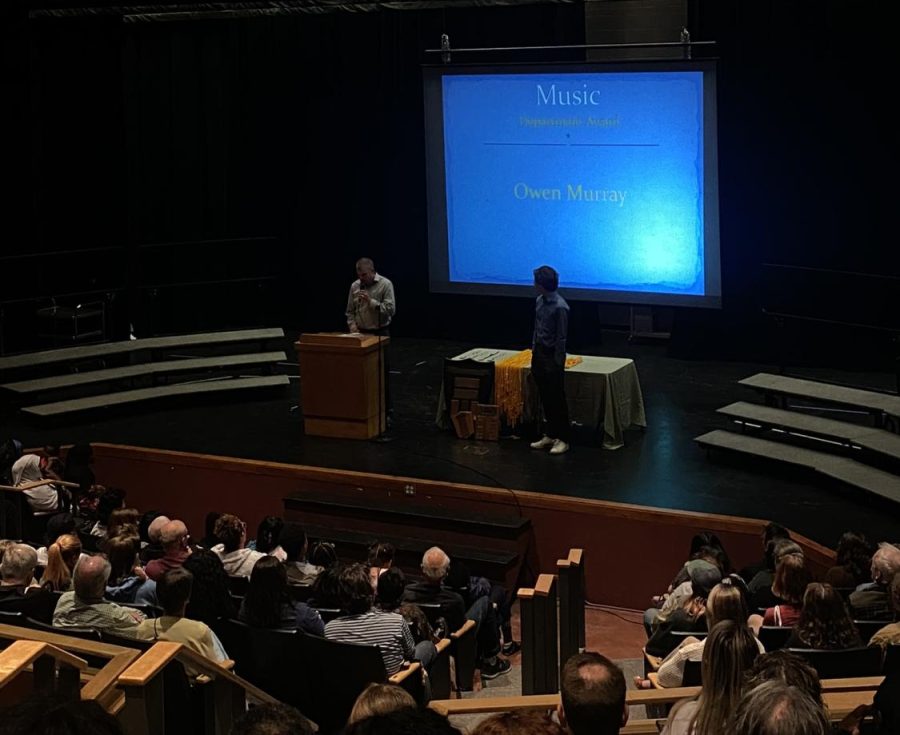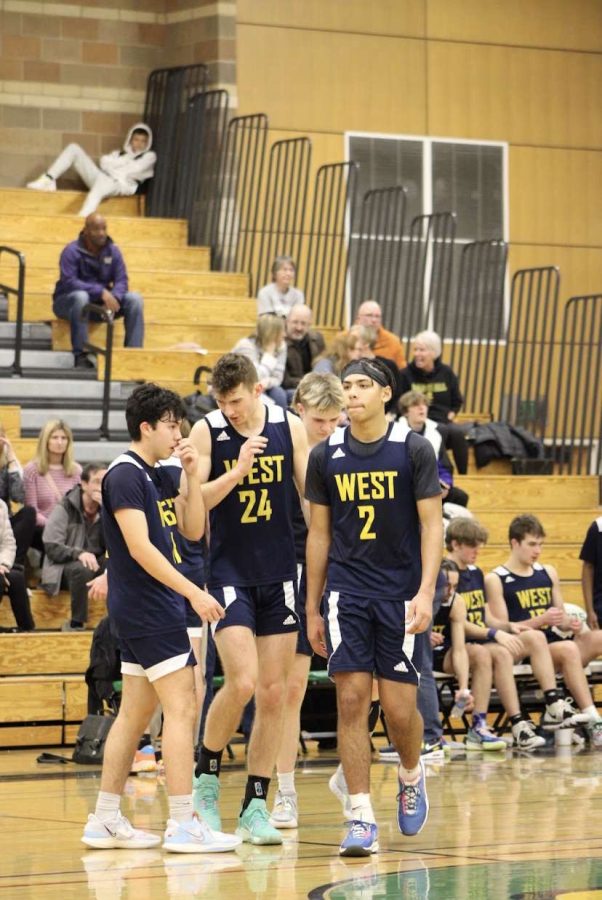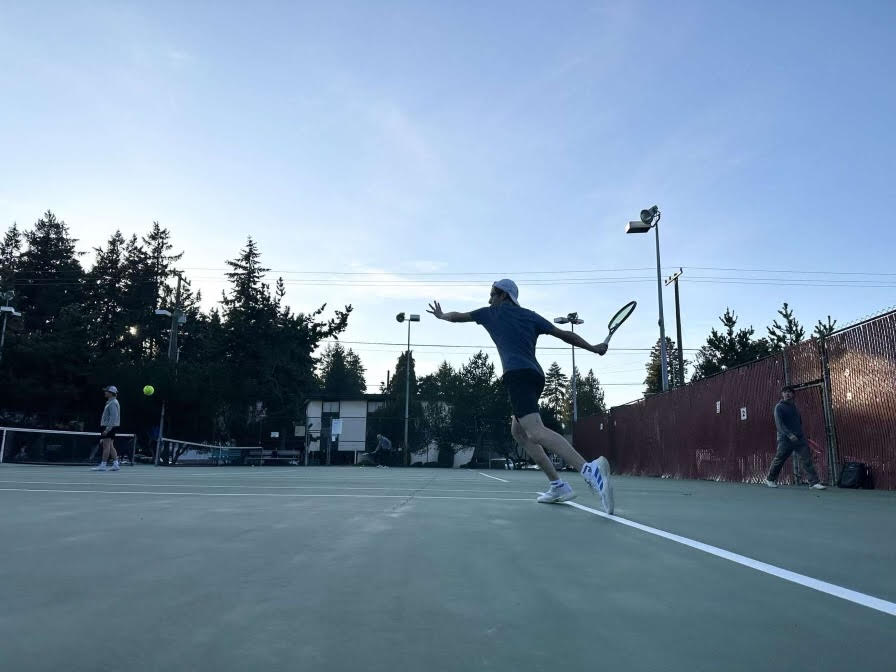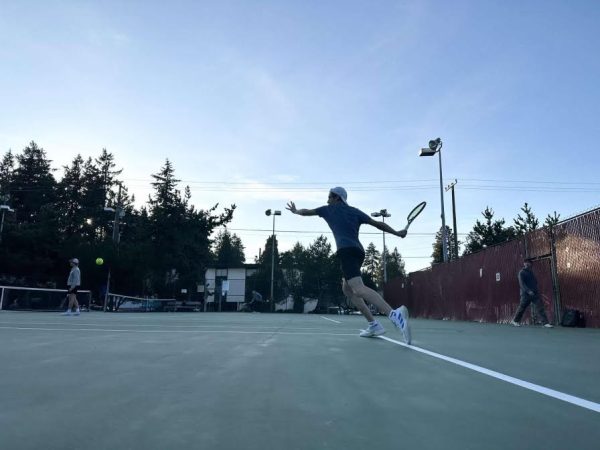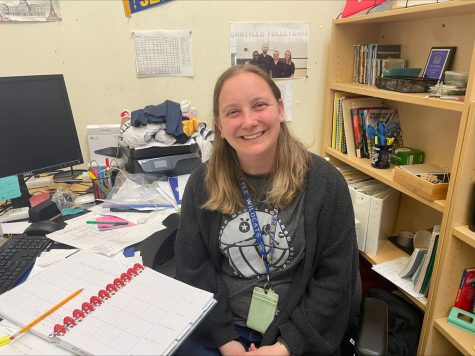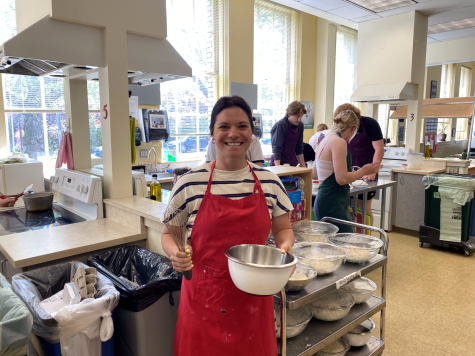The Unexpected Challenge of a Young Pregnancy
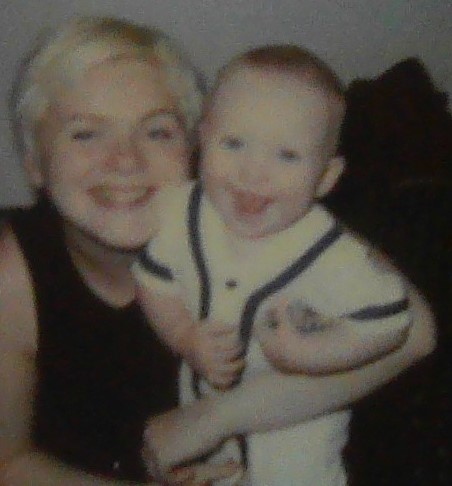
Ann (left) with her son (right) in 2002.
April 7, 2023
Ann Joslin found out that she was pregnant in early 2001 when she was a sophomore in college. For a long time, Ann had known she wanted kids, but that positive pregnancy test still came as a surprise.
She needed a plan. Ann still wanted to graduate and get her degree in psychology, a major she was studying very passionately. However, she knew now that things were not going to go as planned. In the meantime, she decided to reach out for support from her friends and family.
“My boyfriend – who became my husband – and I both had a lot of support from our families. They helped us financially, and they helped us emotionally, going through the process of becoming parents,” said Ann.
Getting support from her friends was another, less straight-forward story. “Because we were so young, a lot of our friends reacted with shock to the news that we were having a baby,” Ann reports. “Some people didn’t really know how to react. Some friendships fell away as we were focused on doing the work of parenting.”
Not all friendships were lost, though. She still had many friends that were supportive and helped prepare for the baby’s birth. Ann and her husband also found ways to connect with other young parents, such as couples in their parenting classes.
Ann and her husband found an apartment to begin organizing and planning for his birth. Ann’s mother assisted in putting together a baby shower and many of their relatives and friends showed up. Later, her husband’s parents set up another baby shower, and yet another was planned by Ann’s friends. They now had everything they needed for their child.
A few months later, Ann went into labor and her healthy baby boy was born in Fall of 2001.
After her baby was born, she decided it would be best to stay home with him until he was a bit older. “I took about a year off to be home with my baby and my husband finished his degree first,” Ann said. She wanted her husband to continue college and help care for their newborn.
Ann was not sure if she could finish her degree. Newborn babies require almost nonstop attention and care; the cycle usually consists of feeding, burping, diaper changing, sleeping, and more. She also needed to make a living since babies are expensive and her cost of living now went from paying for one person to paying for two.
Money is difficult to come by as a young adult, even when you are just paying for yourself. Now Ann had to pay for her rent, clothes, food, and now her son. Her husband and parents helped too, but constantly juggling work, childcare, and school was difficult.
A year after giving birth to her son, Ann decided to go back to college. Getting back into the flow of school was a challenge, but she got used to it. She had already attended school for a couple of years before taking her maternity leave.
“I went back part time and then eventually full time until I graduated with my bachelor’s when I was 24,” Ann tells us. Unfortunately, it took longer than normal to earn her bachelors because she decided to go back part time at first so she could slowly transition into spending less time with the baby.
Her husband would wake up as early as 4:30 in the morning to get to work by 5:00am. Then Ann would wake up, drop their son off at preschool, and drive to her college to attend a full day off classes. When he was done with work in the middle of the day, Ann’s husband would pick up their son from preschool and spend the remainder of the afternoon with him.
It was busy and tiring, but this allowed Ann to go back to college full time and complete her bachelor’s degree in psychology, which she earned with honors.
Looking back, Ann remembers those years as both joyous and wonderful, as well as hectic and stressful. She recognizes how lucky she was to get the support from her family she had and to be able to spend so much time with her newborn when he was so young.
When asked what advice she would give to another person going through a similar experience, she said, “Gather your support team, whether that be family, or friends, or both, and really ask for the help that you need to allow yourself to be supported and not feel like you have to figure it out on your own. I would also say it is really important – to the extent that you are able to – to spend time continuing to develop yourself because you are important, and because this will make you a better parent.”



